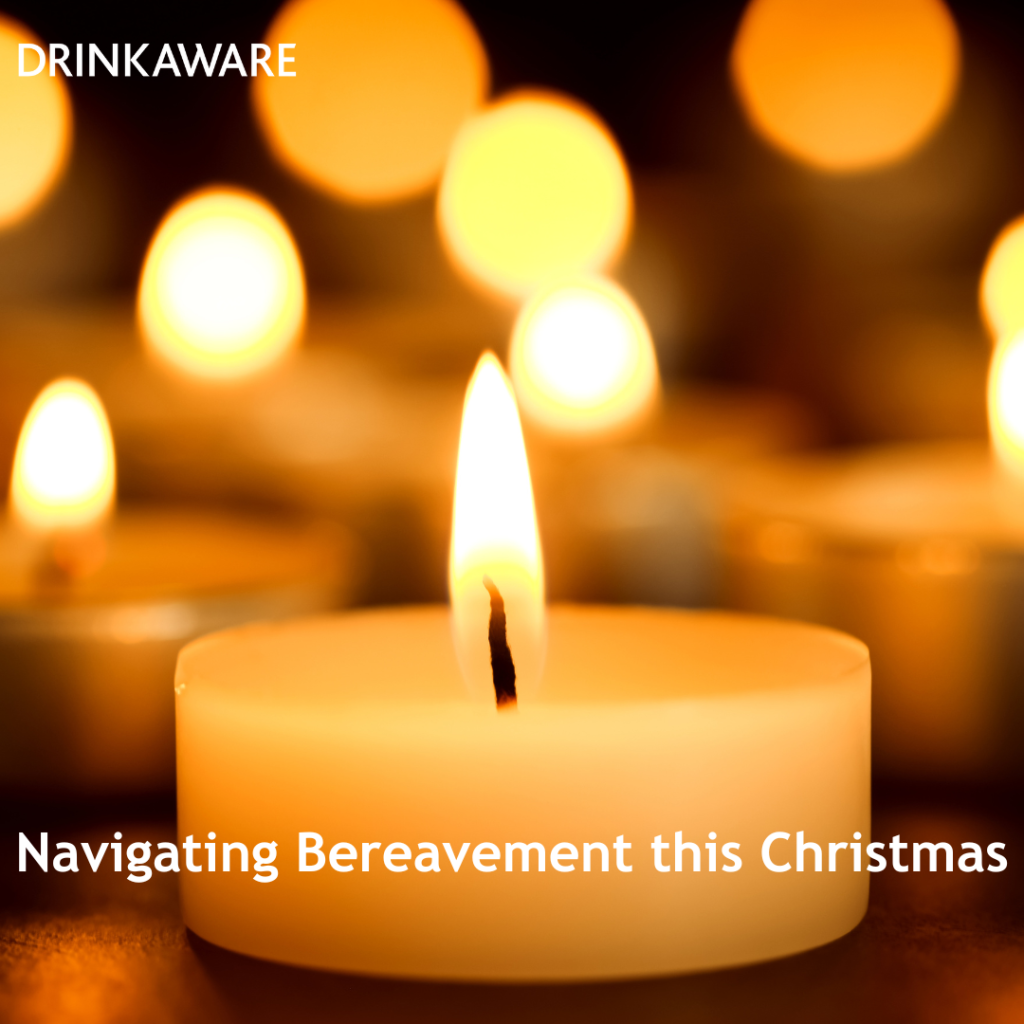
Someone once said that the whole world seems depopulated because a loved one is missing. Undergoing the loss of a loved one is unquestionably one of the most painful and deeply stressful emotions a person can endure. Grief is a natural response to deep sorrow and the journey of grief is a uniquely personal experience. The death of a partner, sibling, child, or pet can leave the person with unanswered questions and feelings of guilt and a variety of different emotions all at once, including anger, regret, denial, sadness and even strong despair. Bereavement can also be experienced when a relationship breaks up or a significant person in one’s life leaves home. This blog will explore the different ways you and your family can navigating bereavement this Christmas.
The death or loss of a loved one can be particularly poignant and painful at Christmas time when family and friends join to celebrate the festive season and those grieving can be filled with fear and loneliness and the pain of the loss can be multiplied. The physical and emotional distress of grieving can be overwhelming, stirring up emotions and memories that can lead to unhealthy coping strategies including drinking alcohol.
Alcohol can be a tempting way to cope and numb the pain, especially at Christmas when alcohol is freely available both at social events and in homes. A person may turn to alcohol for many reasons but when it comes to grief it is always about coping. Drinking is a damaging and temporary coping strategy that poses many risks while complicating the journey of grief. Alcohol and genuine recovery from grieving do not mix. Alcohol can perpetuate the grief as it acts as a depressant, slowing down the brain and the central nervous system making it more difficult to process emotions.
By drinking, the bereaved person may think alcohol will blunt their painful feelings. Emotional drinking only masks the pain and is a temporary coping strategy. Initially, alcohol may lift the mood or help you relax but that fades and the following day the pain is still there. It can lead to greater problems including deteriorating mental and physical health, depression and dependency, and damaged relationships. For many it may be comfortable to drink after experiencing a negative feeling, but drinking for such a reason is likely to form a habit. Even short-term problem drinking can result in sleep disruption and insomnia and interfere with healthy eating and exercise. Drinking to cope can prevent you from getting the help you need for grief. Grief is a process that alcohol delays. Eventually, you will have to face the grief and learn to live without a loved one.
Recovery from a loss requires time, patience, healthy coping strategies and above all support from loved ones and may require professional support. The best way to heal is to allow yourself to grieve by experiencing, expressing, and addressing your emotions. Allow yourself to feel all the hopelessness, sadness, guilt and difficult emotions. Let go of expectations about how you should be or feel. There is no moratorium over grief and grief isn’t forever. We have listed some healthy ways to cope with loss which may help you in navigating bereavement this Christmas.
Healthy Ways to Cope with Loss:
Firstly, acknowledge your grief. Bottling up emotions delays and lengthens the grieving process. This allows you to journey through the stages of grief without giving into
destructive behaviour. Remember that feelings of sadness, anger, guilt, denial are perfectly normal.
Connect with your support system-family, friends, work colleagues. Isolation is a common desire for many people experiencing grief but is unhealthy. It is okay to be sad and show people how you feel. We can connect with others in our vulnerability. Lean on others to help you.
Let go of regrets and things you feel you could or should have done. Otherwise, your mind will be filled with anxiety and an inner storm. Let go of blame, shame and forgive yourself. Focus on the positives in your relationship with the departed.
Engage in a creative activity such as music, art, drama as they are healing tools to process grief. They transcend spoken communication helping the bereaved to express and examine complex thoughts and feelings that are difficult to verbalise.
Take time to care for yourself. Maintain a routine of healthy activities- eat regularly, take required medication, exercise but ease off on strenuous workouts. Consider instead yoga and walking. Listen to your body. You need to care for yourself physically to support yourself emotionally.
Establish boundaries-especially important at social events during Christmas where alcohol is freely available. Know your limits and put boundaries in place with a plan to leave when uncomfortable or overwhelmed.
- Spend time doing activities you enjoy and that bring you happiness.
- Connect with people you trust and love and allow yourself to feel compassion.
- Plan not to be alone at difficult times like birthdays, anniversaries, Christmas day as these can be particularly painful.
- Join a bereavement support group, or talk to a grief counsellor or therapist. If you feel you need support, please see our support page.
Remember to take care of yourself during the Christmas season. By getting support, establishing boundaries and prioritising self-care, you can move on the path to recovery and healing even at this festive time.
We hope that this piece has given you some guidance on how you can navigating bereavement this Christmas.

